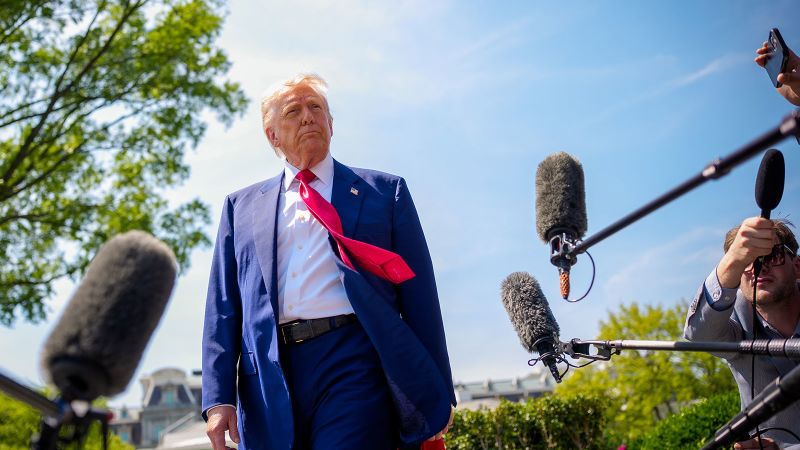Hollywood Under Siege: Trump's Controversial Crackdown on International Film Productions

In a bold move that's sure to spark debate in Hollywood, former President Donald Trump has proposed a dramatic trade strategy targeting foreign-produced films. Taking to Truth Social, his preferred social media platform, Trump announced a provocative plan to impose a staggering 100% tariff on movies created outside the United States and subsequently imported into the American market.
This sweeping proposal would effectively double the cost of international films, potentially reshaping the landscape of cinema distribution and challenging the global film industry. By directing the Commerce Department and US Trade Representative to implement these tariffs, Trump aims to create a protective barrier for domestic film production and potentially incentivize more movie-making within American borders.
The announcement reflects Trump's long-standing "America First" economic philosophy, suggesting a continued commitment to policies that prioritize domestic industries and challenge international competition. While the full implications of such a tariff remain to be seen, the proposal is certain to generate significant discussion among filmmakers, distributors, and trade experts.
